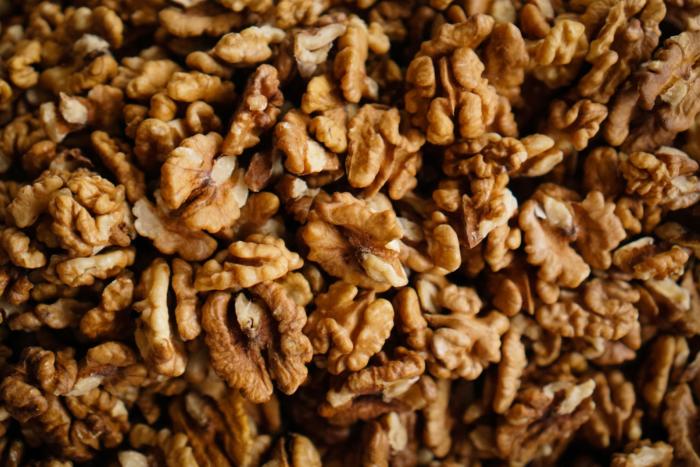Eating walnuts could offer ulcerative colitis sufferers some protection, according to a new study by researchers at UConn Health and Texas A&M University. Walnuts have been shown to provide a number of health benefits, including protection against inflammation and colon cancer through their natural compounds and phytochemicals.
Ulcerative colitis is a form of inflammatory bowel disease (IBD) characterised by chronic inflammation of the gastrointestinal tract. There are over 21,000 New Zealander's diagnosed with some form of IBD made up of either Crohn's disease or ulcerative colitis.
Colitis can mimic the symptoms of bowel cancer and some reports suggest up to 15% of IBD patients go on to develop bowel cancer later in life.
The latest findings published in the Journal of Nutrients showed the study performed on mice when mice were given walnuts for about two weeks, they suffered much less injury to their colons during an episode of ulcerative colitis and the repair process of the colonic mucosa seemed to be enhanced following the walnut supplementation.
The study, led by Dr Daniel Rosenberg, professor of medicine, and Masako Nakanishi, post-doctoral fellow, at the Centre for Molecular Oncology at UConn Health, referenced the process as a pre-conditioning of the colon by walnut ingestion.
Walnuts accounted for 14% of the mice' daily diet in the study, the equivalent of 20 to 25 walnuts in a human.
"We are continuing our work to understand whether those metabolic changes are part of the protection," says Rosenberg. "We are not suggesting that people with ulcerative colitis be maintained on a large walnut diet between active flares. But, we are hoping that we'll be able to determine the active compounds - nutrients, phytochemicals - in walnuts that cause protection."
More research is being conducted to understand the impact on humans. Currently, Rosenberg's lab is running a human clinical trial where participants are consuming two ounces of walnuts daily for three weeks before a scheduled colonoscopy.
Their metabolites and gut microbiota will be analysed, and their biomarkers assessed.

